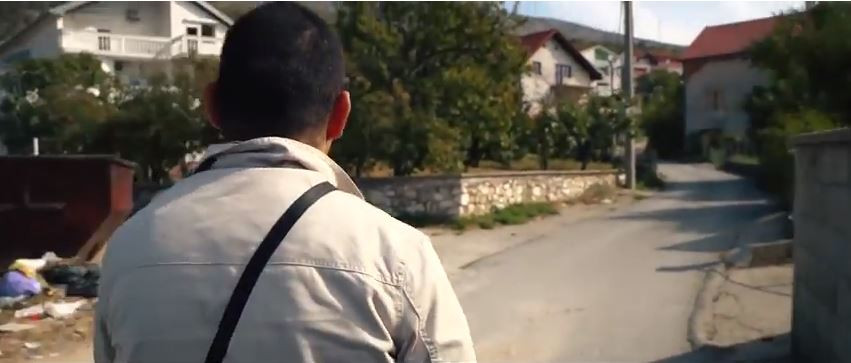Living in independent living houses helps people with disabilities in Bosnia and Herzegovina to lead fulfilling lives
Published: Jan 12, 2018 Reading time: 2 minutes Share: Share an articleThe greatest problems facing people with intellectual disabilities in Bosnia and Herzegovina are segregation, sectioning into institutions, and a lack of proper care. When transferred to institutions, people with intellectual disabilities are often legally pronounced as mentally incompetent, which denies them of the ability to make their own life choices in the future. They have very few opportunities to integrate into society and as a result there are a great number of misconceptions about disability amongst the general public. People in Need, together with the Czech Development Agency and other partnering organizations, have for a long time been involved in work which aims to combat discrimination and promote inclusivity, integration and ability.

Saša Šehić from Mostar has spent most of his life in children’s homes and institutions. Now, he has been given the chance to live in sheltered accommodation, where he is free to make his own decisions. He is a changed person. He has found work and hopes that in time he will be able to find his own flat. His story is a good example as he shows those around him and wider society that people with disabilities do not need to be institutionalized.
Darko Višić from Banja Luka town in Bosnia and Herzegovina successfully underwent treatment at a psychiatric clinic but life did not immediately improve for him and he faced many challenges socially. He was a victim of social stigmatization, but Darko did not give up. After talking it through with his wife, he began to attend the „Zajedno“ (Together) Association, in which People in Need is also involved, where he meets others facing similar problems and they support one another.
Kenan Topalovic from Sarajevo is living with intellectual disability. Despite society’s attitude towards his disability, he wanted to make decisions for himself and live an independent and meaningful life. In 2011, he moved into sheltered housing where he has been able to live independently, together with his friends.
